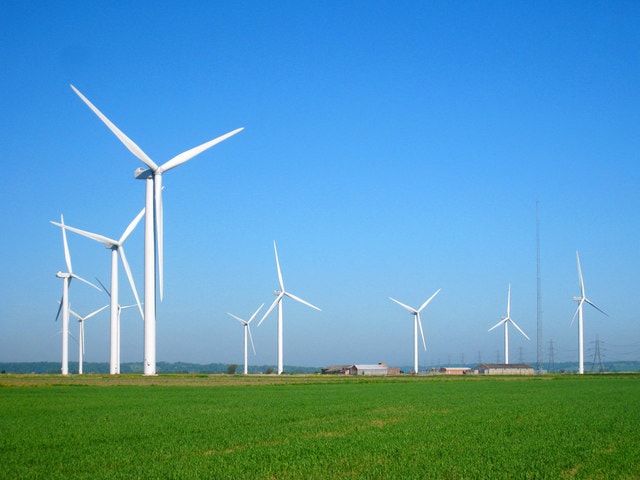EC4U Blog
Catch up with all the latest EC4U news, informative updates, hints, tips, advice and more…
The history of solar PV

Solar panels may feel like a modern invention, but humans have actually been harnessing the power of the sun for thousands of years. In this article, we’re going to take a brief look at the history of solar PV, from its humble beginnings to the exciting possibilities it holds for the future. Early uses of […]
Read moreA guide to electrical PPE

Personal protective equipment (PPE) is essential to keep workers safe from hazards inherent in their roles. For electricians, PPE is essential to mitigate the dangers of working with electricity. In this guide to electrical PPE, we’ll explain what it is and why it’s needed, before detailing different types of PPE used by electricians on the […]
Read moreSmart Export Guarantee: Everything you need to know

As the UK government works to reduce carbon emissions to meet its Net Zero goals, renewable energy is playing an increasingly important role for consumers and businesses. Various incentives have been set up to encourage more people to adopt renewable technologies, including the Smart Export Guarantee. What is the Smart Export Guarantee? The Smart Export […]
Read moreThe rise of e-bike fires

E-bikes are an extremely convenient mode of transport, offering an environmentally friendly balance of easy travel and exercise. However, with more and more of these vehicles on the roads in the UK, the number of fires caused by e-bikes and e-scooters has also increased. E-bike fires are on the rise Although data regarding the total […]
Read moreElectricity generated by fossil fuels drops to a record low

Electricity generated by burning gas and coal in Great Britain fell to a record low of just 2.4% for an hour at lunchtime on Monday 15th April. Data released by National Grid’s electricity system operator (ESO) shows that this was the lowest recorded usage in decades. While this was only for a short period, ESO […]
Read more



